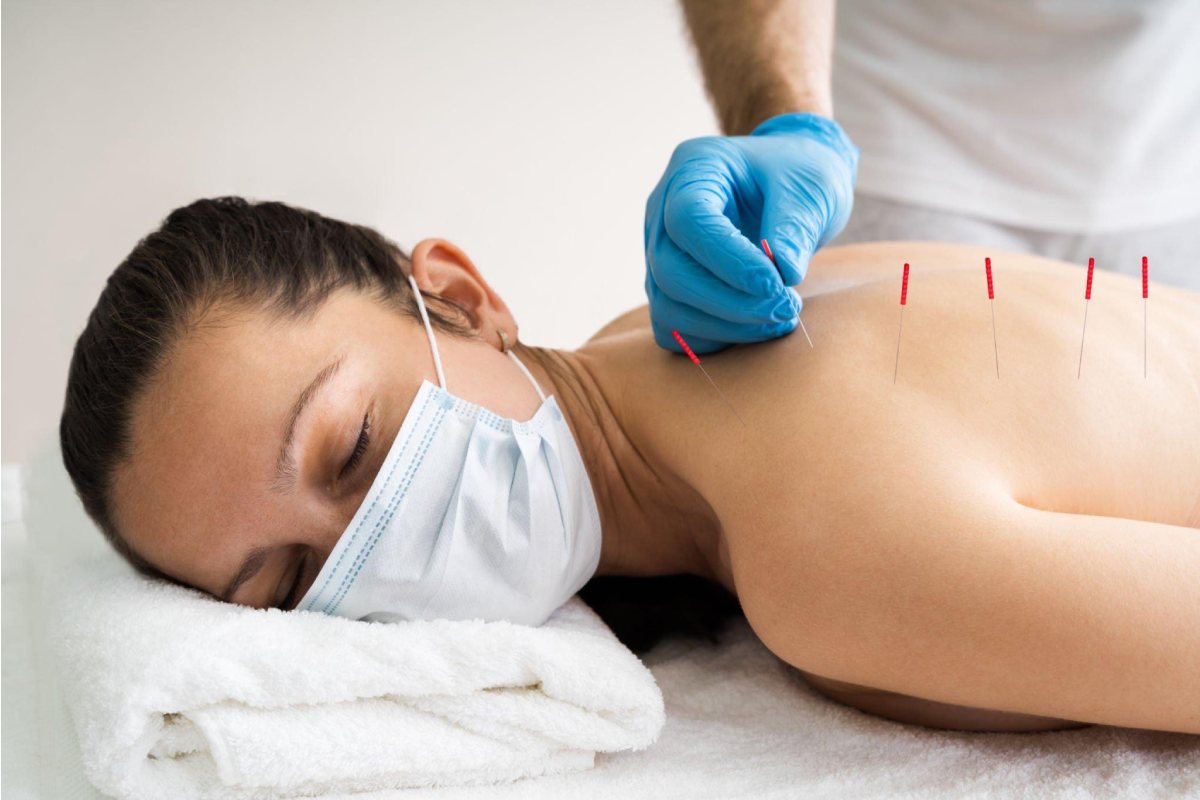Oriental medicine is a well-known alternative to modern medicine. It comprises techniques from countries like China, Tibet, Korea, and Japan. Interestingly, these alternative medical systems form the basis for some techniques used in modern-day medicine.
In addition, they have been used extensively to treat infertility in both men and women, with modest success rates reported worldwide. Infertility acupuncture and other oriental medicines have been used in different parts of the world for centuries, and the medical practice shows no sign of slowing down any time soon. Many patients prefer alternative medicine over modern medicine because it takes a holistic view of the patient.
Table of Contents
What Is Oriental Medicine?
By definition, the word oriental means of or relating to the East. Therefore, oriental medicine is an alternative medical practice from the East, primarily from China. Most Oriental medicines originated from China and were adopted by people worldwide.
Traditional Chinese medicine has been around for thousands of years, changing only a few times but staying more or less the same. Its basic principle is the vital force of life that flows through our bodies called Qi. Chinese medicine believes that any imbalance of the Qi results in disease and illness.
What Is Acupuncture?
Traditional Chinese medicine offers several methods to balance the Qi, one of which is acupuncture. Other methods include:
- Massage
- Herbal remedies
- Movement and concentration exercises
- Cupping
- Moxibustion
Acupuncture as a Treatment for Infertility
Some studies show acupuncture as a great treatment for infertility in both men and women. It is usually used in tandem with traditional Chinese herbs to achieve results in a few months. The specific results from acupuncture and herbs include improved sperm quality, ovarian function, and balancing the endocrine system and hormones.
Acupuncture proponents have also recommended treating women suffering from polycystic ovary syndrome (PCOS), fibroids, and endometriosis. The treatment has also been sighted to be effective in relieving the side effects associated with fertility drugs.
What Is the Best Time to Start Acupuncture Treatment?
After trying to get pregnant for a year, couples can start acupuncture therapy and commence other treatments like IVF about three months into the acupuncture.
How Safe Is Acupuncture?
A qualified acupuncturist should use sterilized or disposable needles to minimize the risk of infection. In addition, you should always tell your acupuncturist if you are taking any anticoagulant like Aspirin which can cause you to bleed excessively.
In addition, you should also inform your acupuncturist of any herbal medicines you take before taking any herbal medicine from them. Overall, the process is quite relaxing, and there are exceptionally low rates of complications from the procedure.
Acupuncture Q&A
Does acupuncture hurt?
Most patients experience a little pain as the needle penetrates the skin. Your state of mind impacts your pain perception before the procedure. An anxious patient may find the needle prick shocking and painful. On the other hand, a relaxed patient will barely feel lasting past the sting, so it is important to stay calm and focus on your breathing.
What should I do after an acupuncture appointment?
Your acupuncturist will not strictly advise your stay of a specific activity or food, but they may advise you to take it easy for the first few hours. Since acupuncture is a relaxing activity, you don’t want to run or go to the gym right after because it might stress your heart and muscles, counteracting the relaxing effects. Good activities to do after an acupuncture appointment include eating a healthy meal, meditating or even reading a good book.
How can I find a good acupuncturist?
A good acupuncturist should be registered with the Nations Certification Commission of Acupuncture and Oriental Medicine or the American Board of Medical Acupuncture. The American Board of Medical Acupuncture may only have a few professionals listed because it only registers acupuncturists that are also MDs. Some states may have different requirements, so check how your state regulates acupuncturists.
What should I look for in an acupuncturist?
During your consultation, you want to ask a lot of questions to find out just how knowledgeable your acupuncturist is on the subject. You should also look for a clean and well-arranged working area. If you feel uncomfortable in the acupuncture room, you should probably voice your discomfort so they get addressed.
Will insurance cover my acupuncture?
Because different insurance covers have different stipulations, you should follow up with your insurance provider to check whether they will pay for the acupuncture procedure.
How frequently can I do acupuncture?
Most acupuncturists will tailor your sessions to your specific needs. Generally, most people will have about two or three appointments each week. Each acupuncture session will last about an hour or shorter. You can expect a consultation with your acupuncturist first, where you update them on how you are feeling and then a 30 to 40 minute session with the needles.


